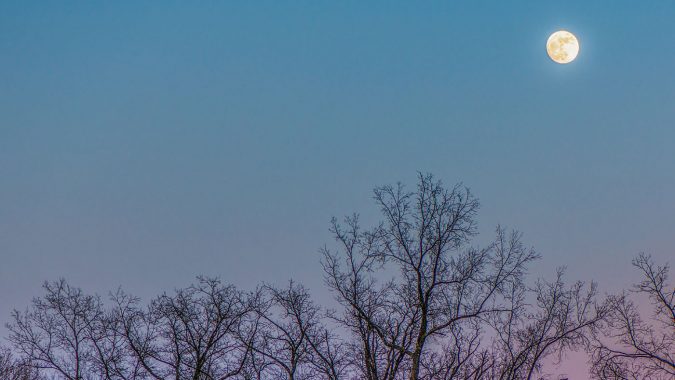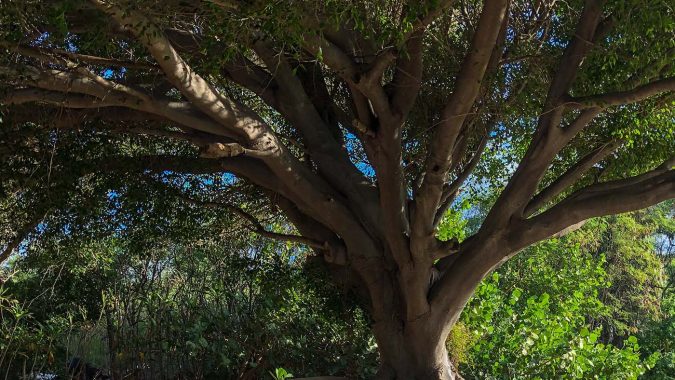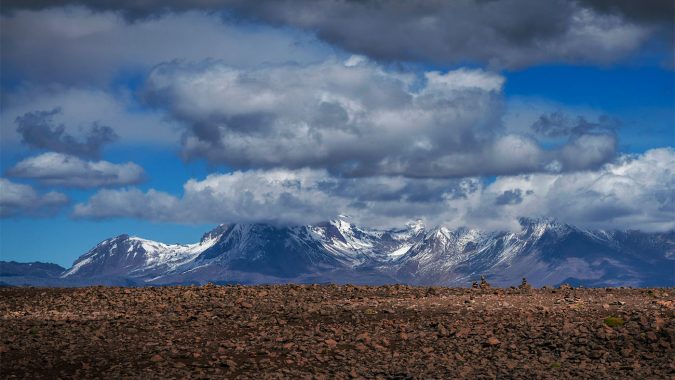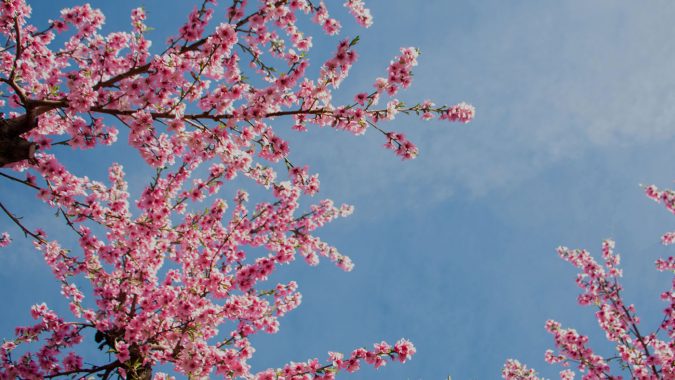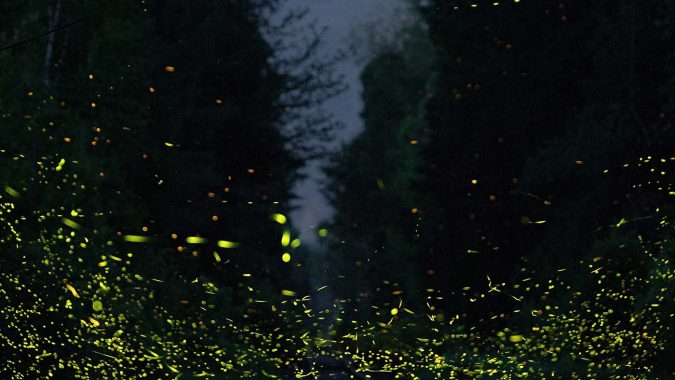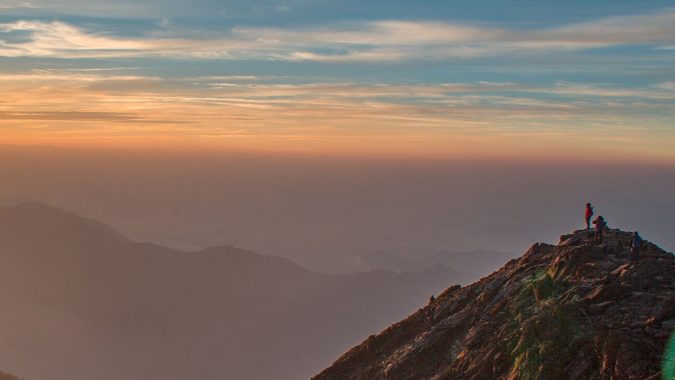
Teachings by Dharma Master Cheng Yen
Translated by Dharma as Water Development Department, Tzu Chi USA
Time passes by quickly, but as Bodhisattva-practitioners on the path, we share an enduring, awakened love as master and disciples. It is my hope that all of us can “do an inventory of our lives.” How many deeds have we accomplished with our bodies?
Looking at the world, we know that there are nearly eight billion people. Among them, how many of them truly devote themselves to going among people and doing good deeds? You have done good deeds and brought out the “value of life,” so you should give yourself credit! No matter how many decades have passed, many of you have maintained your spiritual aspirations. You remain single-minded in your resolve in following me; this is something valuable. I also give myself credit for correctly choosing the right path in life.
When I was young, every day I thought about what else I should do. Now that I am older, I often think, “What kind of path should I pave for the future? What should I say to the younger generation so they know how Tzu Chi opened and paved this broad and straight path?”
Tzu Chi volunteers always help others. With every good seed, we feel joy and reap good fruits, and by helping others we are planting seeds in our consciousness. The Buddha taught us that there are eight consciousnesses. The first five consciousnesses are “eyes, ears, nose, tongue, and body.” The sixth consciousness is the mind consciousness. After hearing something, we contemplate, “Should I do this or not?” This is the seventh consciousness. After we act on it, the result comes back to our eighth consciousness and is stored there; this is the karmic consciousness. This is why we need to do an inventory of our lives.
Nowadays, video conferencing and transportation are highly developed. As long as we have people, and a clear direction, it is not difficult to help others. Just as the Earth is round, and other planets in the universe are also round, we also want to have a “well-rounded” life. Perhaps our present lifetime is dissatisfying and flawed. I have many dissatisfactions and flaws myself. My dissatisfaction is that although there are so many Tzu Chi volunteers, if we can spread out even more widely, naturally we can help more people.
Bodhisattvas come to this world for the sake of suffering sentient beings. Without the right karmic conditions, we will be unable to witness suffering and cannot save people. Thus, we cannot become bodhisattvas. If there is a disaster on earth, the first question I ask is, “Are there Tzu Chi volunteers there?” If the answer is “Yes,” then, I will say, “Please hurry and check to see that they are safe.” “Yes, they are safe,” “Remind them to find out which area is the disaster area. Count the number of people affected and be aware that the direction of the relief effort is correct.” This is what Tzu Chi is like. This entire world is like a big family to Tzu Chi volunteers. Wherever there are disasters, we must quickly go to those areas and provide care.
Compared to today, during the Buddha’s era, transportation was inconvenient. People relied on their two feet to walk, or they took horse-drawn carts or ox carts. So, [in the Lotus Sutra,] the Buddha mentioned the “three carts,” the sheep cart, deer cart, and the great white ox cart, representing the three vehicles that will take us to the state of liberation. The capacity of a cart may be limited in terms of the number of people it can transport. However, the Great Vehicle Dharma that the Buddha taught can open our hearts to be as vast as the universe. In this way, when we take the Buddha Dharma to heart, we will attain great wisdom [to help more sentient beings].
As an ordinary being, you may use your knowledge or common sense to view things. In the past, if you were to say, “I know, I know,” I would reply, “Saying ‘I know’ once is enough.” The second “I know” loses its meaning. By saying “I know,” it means that you are very determined and steadfast in upholding the direction of your mind. When you are single-minded in your resolve, you are not indecisive and uncertain. By saying “I know,” you also realize that life is impermanent and you accept the Buddha Dharma, form good aspirations, and make good vows to save sentient beings.
To save sentient beings, we need to have affinities with them. Without the affinities, we cannot save them. Without the strength of a bodhisattva, we cannot deliver sentient beings in this world. In the past, when I taught the Earth Treasury Sutra, I said, “We must guard the gate to hell like Earth Treasury Bodhisattva. We cannot let people enter hell.” We must begin educating people and save them before the gates of hell.
There is also Guanyin Bodhisattva, who manifested universal doors to save beings. If there are beings in a thousand places who pray to her, she will manifest in a thousand places. There is a Guanyin Bodhisattva in each of us. When facing people, we “contemplate all sounds;” we use our ear-root with wisdom to hear voices of all sentient beings, and we go wherever we are needed. For ourselves, we “contemplate freedom.” When we go among people and work with others, it is inevitable that conflicts arise. We must be free and at ease.
In this lifetime, we had the karmic condition to enter the broad, straight Bodhisattva Path. I see that everyone around me has done it. Having done something does not necessarily mean that we have done everything perfectly, but it does mean that we have fulfilled both blessings and wisdom and that we have begun doing the right thing.
Compiled from Master Cheng Yen’s Conversation with Northern Region Volunteers on November 5, 2021
















